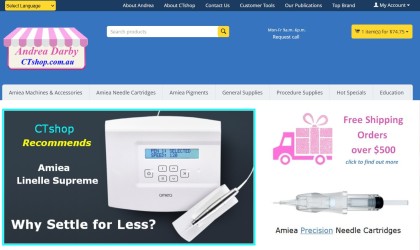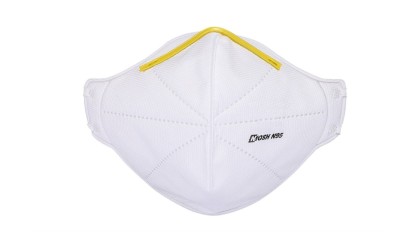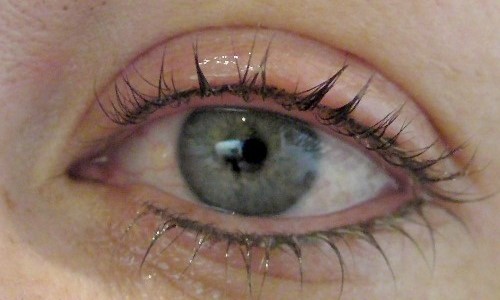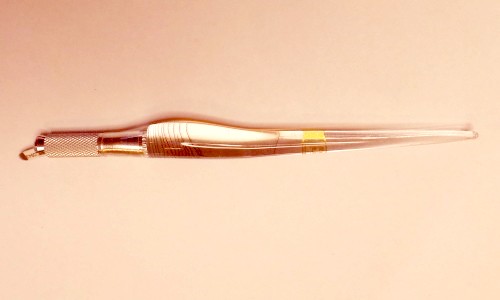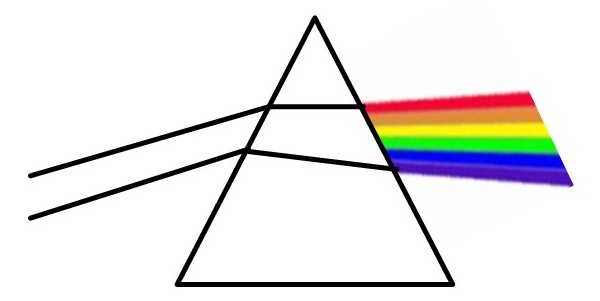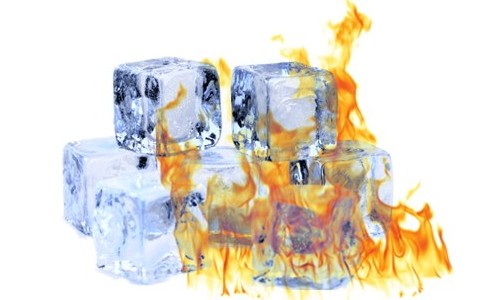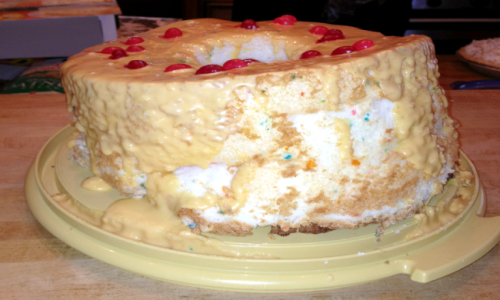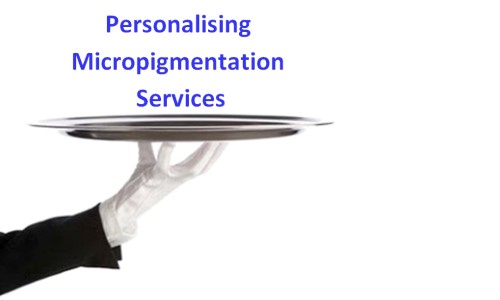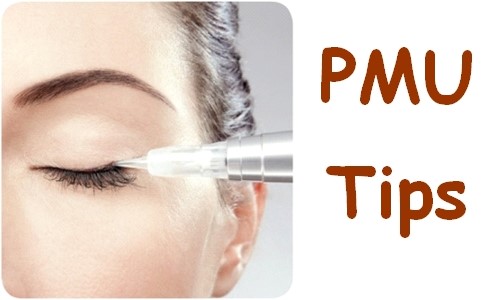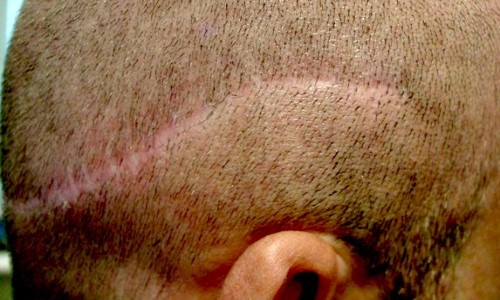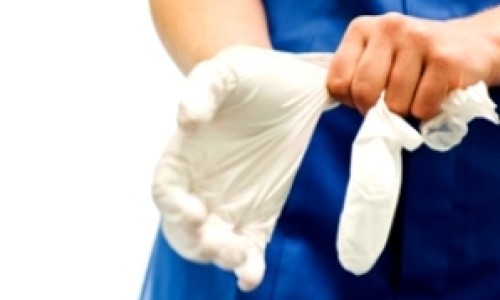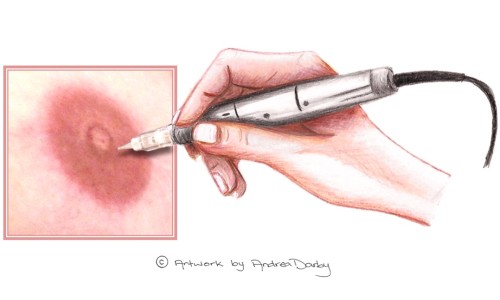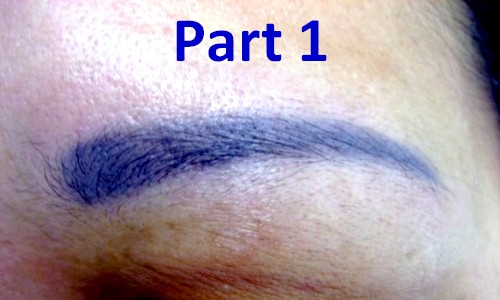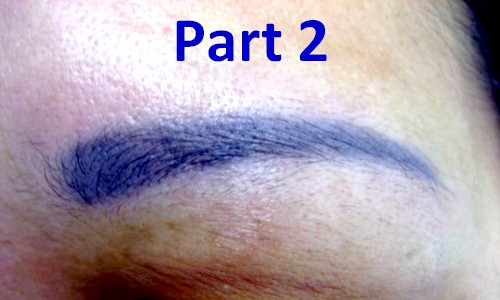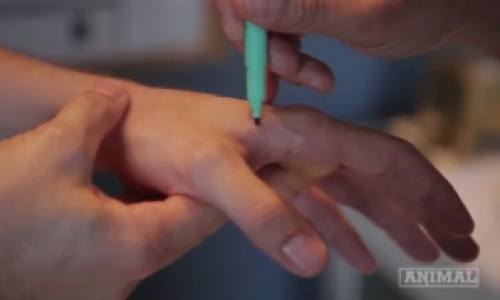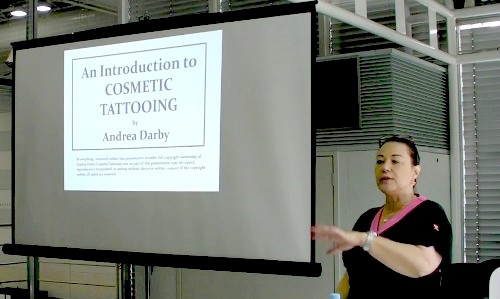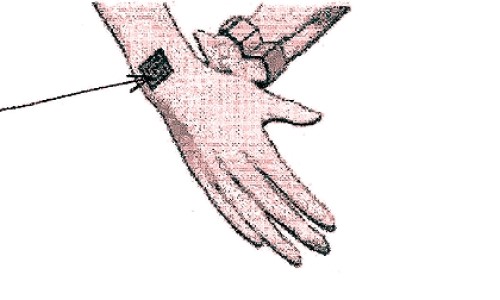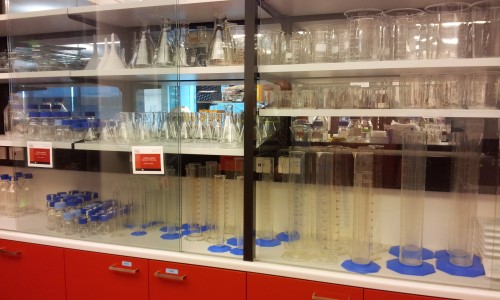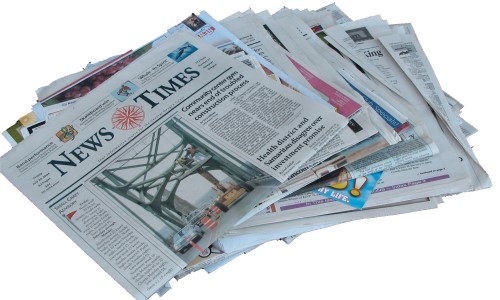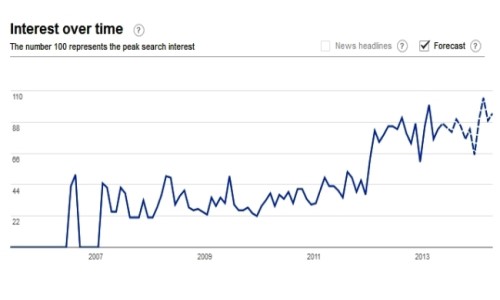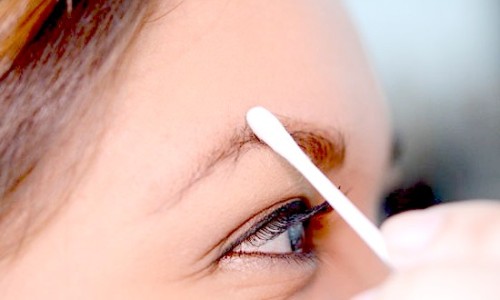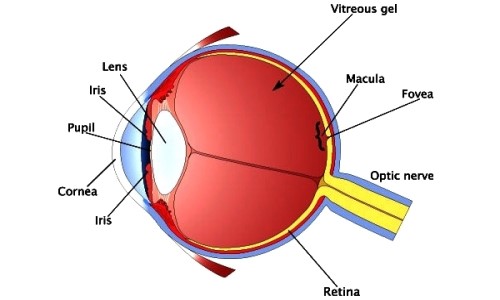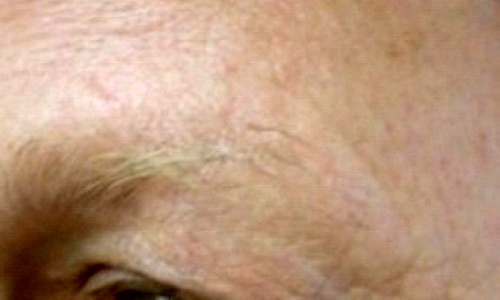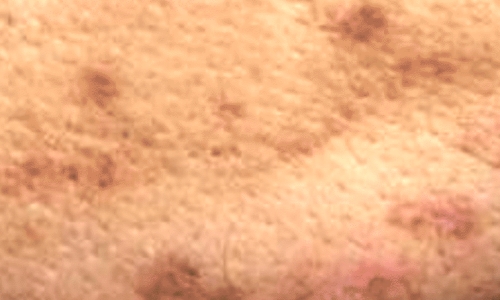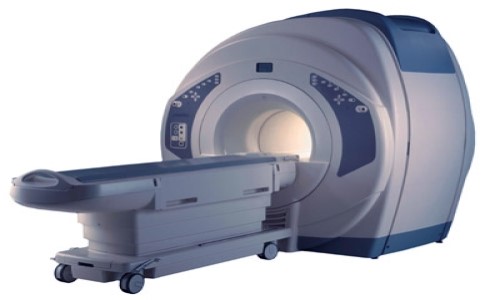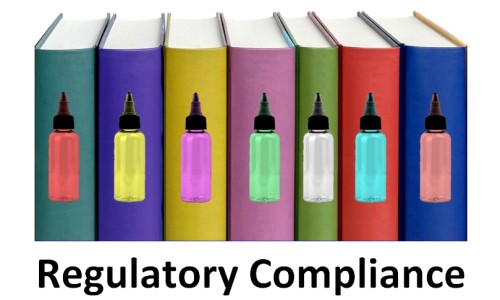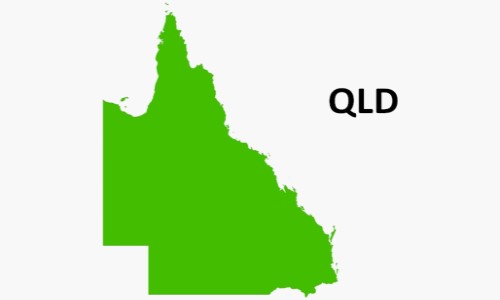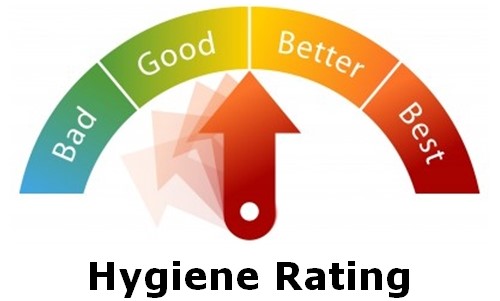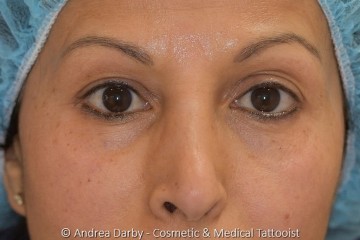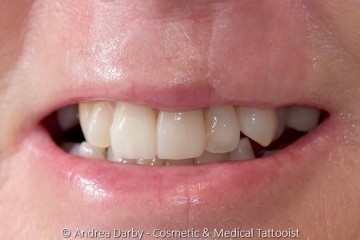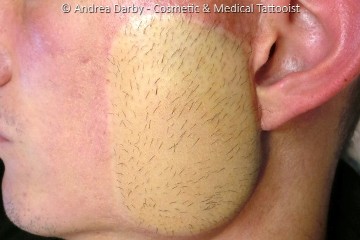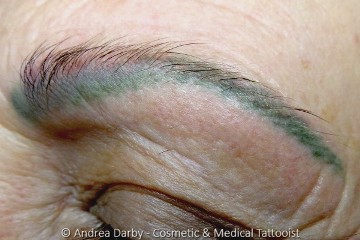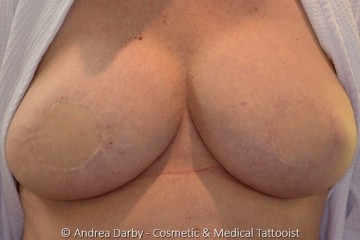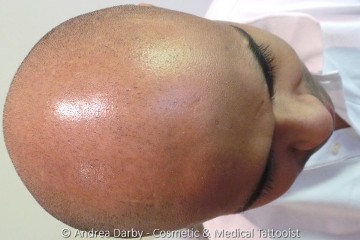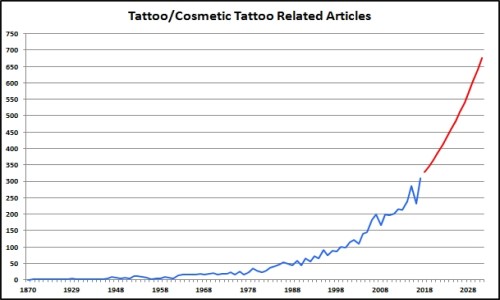Cart is empty
Outbreak of Tattoo-Associated Nontuberculous Mycobacterial Skin Infections
21/11/2018

▼ Continue Reading ▼
The Education Team here at CTshop.com.au keeps a close eye on the scientific and medical literature for new publications relating to cosmetic and medical tattooing that may be of interest to our customers. The intent is to alert industry members to important publications within the literature to expand the knowledge base particularly in relation to high impact reports.
NB. CTshop.com.au does not host this publication on our server we merely provide an overview with links to the publisher, the authors and their publisher hold copyright to the actual article.
Main Menu
- Complete regrowth of hair following scalp tattooing in a patient with alopecia universalis
- Chaotic Tattoo Ink Market and No Improved Customer Safety after New EU Regulation
- Distribution of nickel and chromium containing particles from tattoo needle wear in humans and its possible impact on allergic reactions
- A special case of medicine in disguise: Tattoo inks containing anaesthetics
- Outbreak of Tattoo-Associated Nontuberculous Mycobacterial Skin Infections
- Atypical Intraepidermal Melanocytic Proliferation Masked by a Tattoo: Implications for Tattoo Artist
- Inadvertent corneal pigmentation following cosmetic blepharopigmentation
- Chemical conjunctivitis and diffuse lamellar keratitis after removal of eyelash extensions
- Smallpox Autoinoculation Via Tattoo in a Soldier
- Unusual complication of a tattoo in an immuno-suppressed patient
- Understanding Tattoos in Medicolegal Assessments
- Scarless Breast Reconstruction: Indications and Techniques for Optimizing Aesthetic Outcomes
- High speed ink aggregates are ejected from tattoos during Q‐switched Nd:YAG laser treatments
- Case series: Two cases of eyeball tattoos with short-term complications
- Unveiling skin macrophage dynamics explains both tattoo persistence and strenuous removal
- Sarcoidosis in A. C. Milan (1899)?
- Perceptions of Healthy Looking and Sexy Looking Brow Thickness
- What the red tattoo ink hides
- Granulomatous Tattoo reaction with Associated Uveitis successfully treated with methotrexate
- Identification of organic pigments in tattoo inks & permanent make-up using laser mass spectrometry
- Microbiological survey of commercial tattoo and permanent makeup inks available in the United States
- Tattoo Related Articles in the Medical & Scientific Literature
- Do multiple body modifications alter pain threshold?
- Cutaneous Mycobacterium massiliense infection from tattooing
- Image Gallery: Hyperkeratotic hypersensitivity reaction to red pigment tattoo
- Medical tattooing, the new frontiers - a case of nail bed treatment
- Color Change After Paramedical Pigmentation of the Nipple–Areola Complex
- Glenohumeral Joint Sepsis after Joint Injection through a New Tattoo
- Self-esteem, propensity for sensation seeking, and risk behaviour among adults with tattoos
- Granulomatous reaction to permanent eyebrow makeup treated with topical steroids
- Bilateral Diffuse Lamellar Keratitis Triggered by Permanent Eyeliner Tattoo
- Standardization of SMP Procedure and its impact on outcome
- Conjunctival Tattoo With Inadvertent Globe Penetration and Associated Complications
- Vibrio vulnificus septic shock due to a contaminated tattoo
- Papulo-Nodular Reactions in Black Tattoos as Markers of Sarcoidosis
- Permanent Cosmetics
- Micro-pigmentation: implications for patients and professionals


